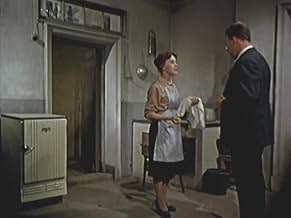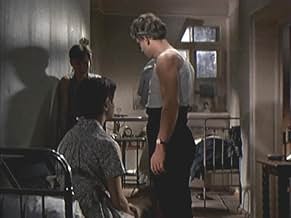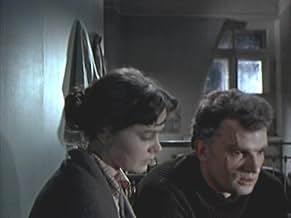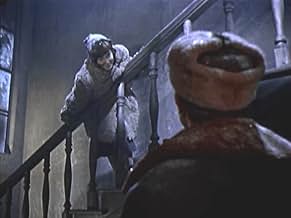Clear Skies labors under several awkward Soviet film necessities of its period, but it succeeds in creating a convincing story that--unlike Chukhrai's mediocre Ballad of a Soldier--actually forces the viewer to think about the unpleasant realities of recent Soviet history. Chukhrai's skill in handling actors is evident in both movies, but builds to greater impact in Clear Skies. The camera work in Clear Skies is also far superior to the earlier movie--the scene with the train full of soldiers passing through the crowd of crying women is more skillfully shot than anything any American cinematographer was doing at that period. Unfortunately, Chukhrai's special effects for Clear Skies were laughably bad; he would have done better to leave the toy airplanes out of it.
My own suspicion is that critics deem Ballad of a Soldier a classic because it used amateur actors and was shot in black and white, while they overlook the much better Clear Skies because of garish color, relentlessly photogenic characters and soap opera-ish ending make it seem--to them--like merely a somewhat tackier Hollywood film. In fact, it beats a great deal of what Hollywood was doing at that time, in spite of its political baggage.




















